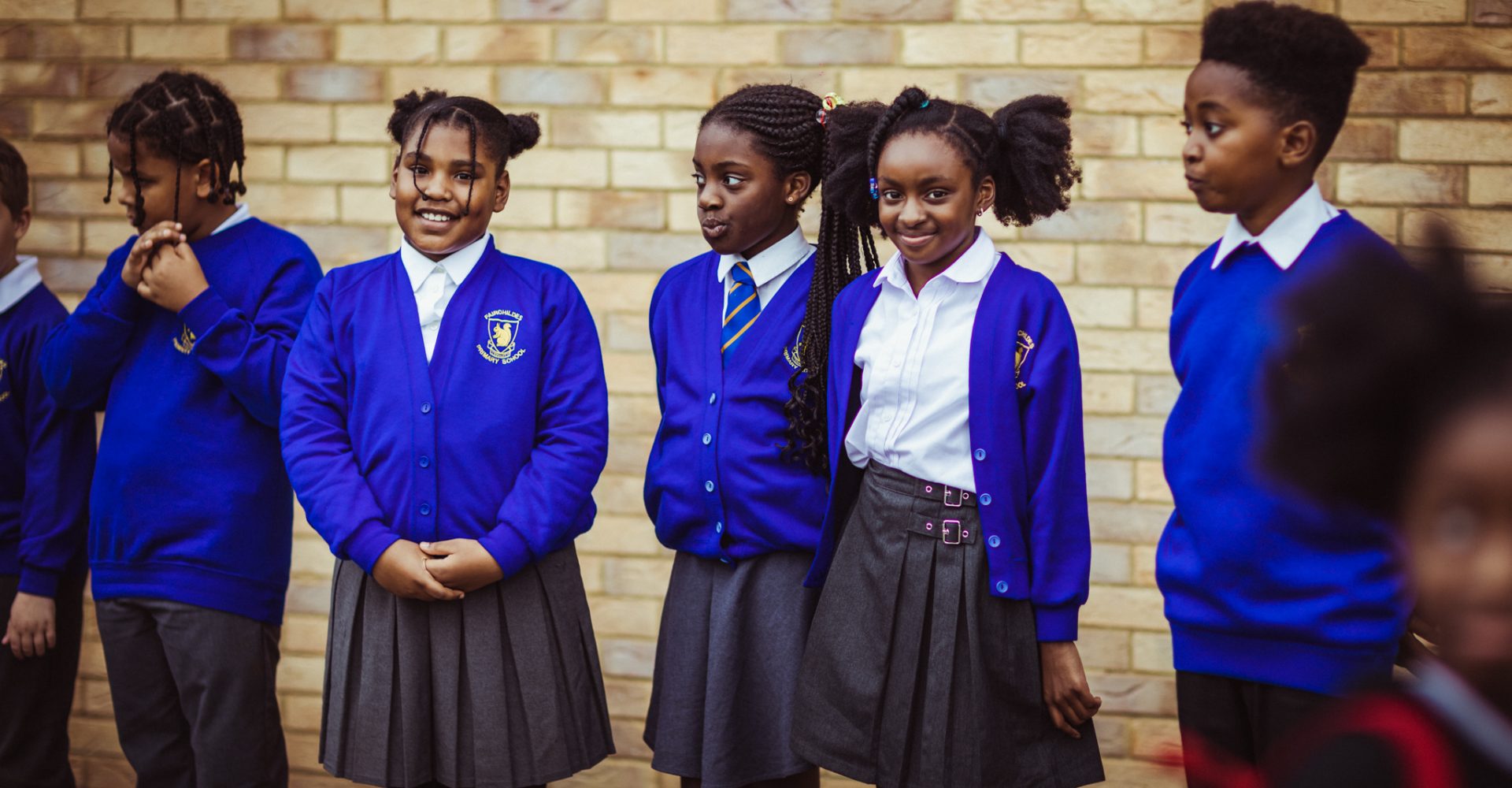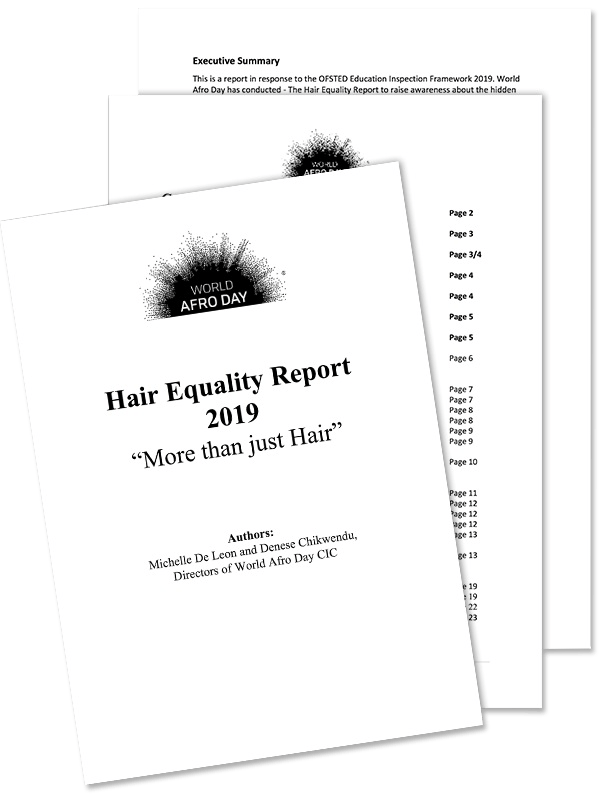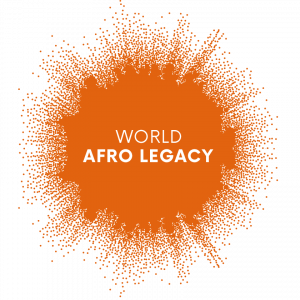
World Afro Day collaborated with Shift insight to investigate the DEI expertise of teachers, especially around the topic of Afro hair inclusion.
Aim of the study
Studies have consistently shown school to be the most harmful experience of Afro hair discrimination, yet there has been a lack of research into understanding the reason for teachers’ high levels of discrimination, against Afro hair. The law is a new line of investigation and World Afro Day was interested in whether research could provide evidence about educators’ understanding of UK Equality Law applied to Afro hairstyle, plus also quantify the amount of training that they have received in this area.
The Rationale
If there is clear evidence that educators are lacking Equality Law training then, this gives policy makers a clear path to combatting Afro hair discrimination and alleviating the burden on black children’s education and wellbeing.

This study is in response to the OFSTED Education Inspection Framework 2019. World Afro Day has conducted – The Hair Equality Report, including a survey of 1000 respondents with support from researchers at De Montfort University.
Aim of the study
The Hair Equality Report aims to provide evidence to quantify the problem of hair discrimination in schools. How pupils are affected by it and what can be done to change it? The aim is to provide robust evidence so that the problem is no longer hidden and creates a motivation and impetus for change. The report will look at how this area of inequality has changed over time by comparing the current generation of children’s experiences to previous generations. The report will make recommendations and call for changes to address this discrimination.
The Rationale
The report is needed because there is a lack of awareness about this problem within governing bodies, school authorities and the general public. Hair discrimination has gone unrecognised for decades and needs to be addressed. Evidence was needed to support the calls for change and to educate people about the problems. Afro hair bias has been a global topic, gaining momentum but some of the key flash points, have been discrimination against children.


There is an increasing body of academic research into the treatment of Afro hair in schools and wider society.
World Afro Day considers this a key priority for creating greater awarenes of the colossal impact that centuries of hair discrimination, has had on people of African descent.
We hope that this will help School Leaders and teachers, become more informed about negative school attitudes and hair policies that are part of a much wider context of racial inequality.

